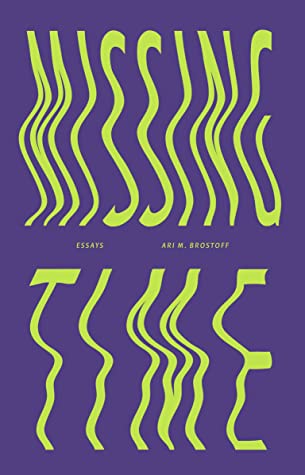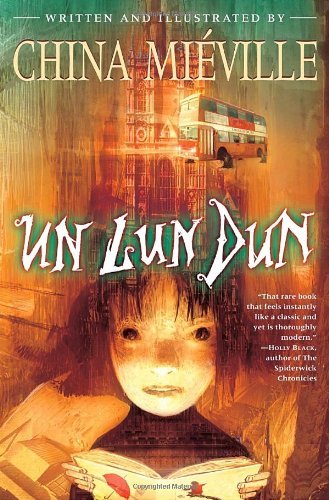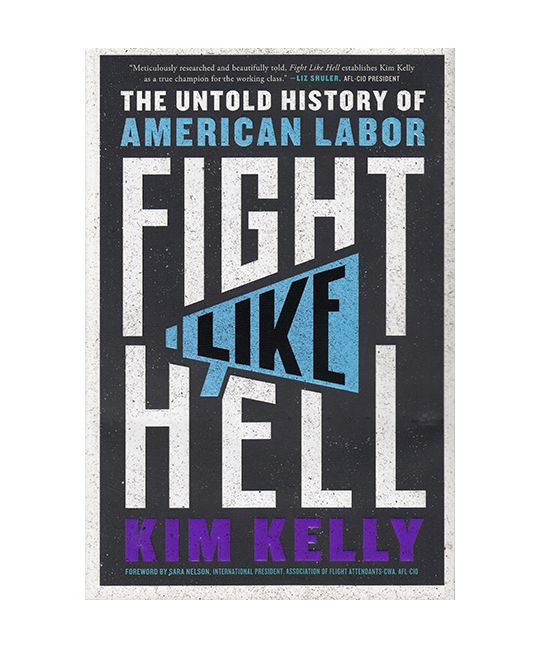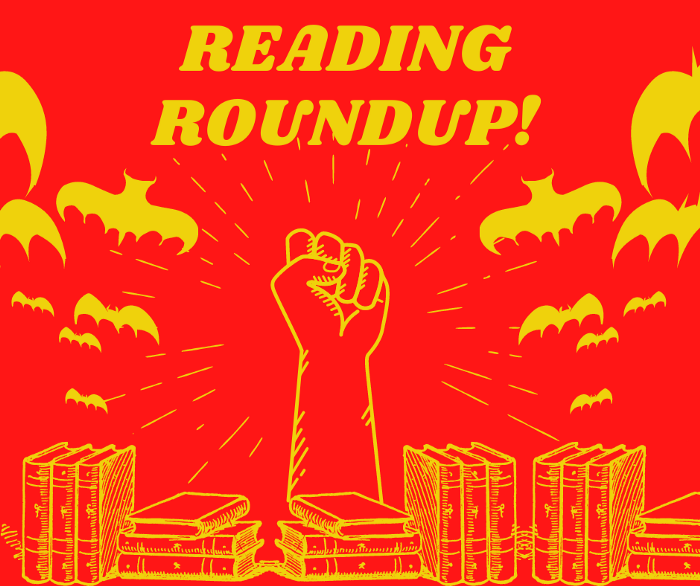Welcome to the Reading Roundup, a forum for ATX DSA members to share what they’ve been reading and how it’s informing their political education.
Missing Time
By Ari M. Brostoff

Ari M. Brostoff’s Missing Time is succinct in presentation—134 pages, comprising an introduction and five essays—but its reach is intimate and surgical. So often what they explore begins with gigantic concepts (like time) or niche interests (if that doesn’t describe X-Files fan fiction, nothing does), but just as often returns to reflect the protestations of a voice powerless to stop or control time, yet still able to create a narrative from its progression. Memories of opportunity haunt the book, from an essay examining the wistful defeat central to Vivian Gornick’s 1977 The Romance of American Communism to the failed Bernie Sanders presidential campaign. But whereas Gornick’s prose felt like an epitaph to a forgotten relative, Brostoff pushes subjects back into the present. In Missing Time, the questions are prickly; Jewish identity is a hard enough read through Philip Roth, and in the essay “The Double’s Allegiance,” Brostoff explores, with light frustration, that writer’s perhaps purposely inscrutable views on Zionism and Israel. Later, in Jewish Currents’ “The Right Kind of Continuity”—written with Noah Kulwin—Brostoff digs into the alliance between “the Jewish establishment’s tacit bargain with billionaire donors” (specifically Les Wexner, enabler of Jeffrey Epstein), “which realigned Jewish institutions with a set of priorities never agreed upon by the wider community.” Looking from the left at the power of the billionaire class and their connection to a credibly accused exploiter like Epstein is, to put it lightly, somewhat debilitating. But. In their introduction, Brostoff writes, “I have had friends for a long time, but since the veneer of national stability shattered, potential comrades seem to be everywhere, a quiet shift that in some ways has changed everything. It was under these circumstances that I was able to begin transitioning, because I was increasingly able to imagine a world I could live in.” Out of darkness comes light. Could it ever be otherwise?
—Adam S.
Un Lun Dun
By China Miéville

China Miéville is a rare combination of fiction writer and radical whose writing is excellent and whose politics influence his stories but don’t hit you over the head. Un Lun Dun is a novel which begins with two high school age girls from London who, following a broken umbrella, somewhat accidentally cross over to Un Lun Dun, a mirror of sorts of their home but with myriad fantastical beings including a friendly empty milk carton, a half ghost boy, words with physical selves and a pincushion tailor wearing books, not to mention innumerable buildings made of cast-off rubbish from London. Unfortunately, there is also a growing sentient cloud of pollution called Smog, contributing a good deal of The Lorax to a story brilliant with the surreality of Alice In Wonderland. Add in corrupt government officials, repulsive allies of Smog, a variety of peculiar allies, lack of clarity about which is which, and an excellent twist demonstrating that leaders of resistance movements can be quite ordinary individuals and you get a wonderful yarn well worth the price of admission.
—Joshua F.
Fight Like Hell: The Untold History of American Labor
by Kim Kelly

Howard Zinn wrote that “if history is to be creative, to anticipate a possible future without denying the past, it should, I believe, emphasize new possibilities by disclosing those hidden episodes of the past when, even if in brief flashes, people showed their ability to resist, to join together, and occasionally to win.” With Fight Like Hell, labor journalist Kim Kelly turns brief flashes into a fireworks display, illuminating a motley parade of working-class heroes and their unsung but unending struggle.
Recognizing there are as many tales to tell as bodies that lived them, Kelly is deliberate in her focus on women, people of color, queer and trans folks, Indigenous people, immigrants, and disabled workers, as well as uniquely exploitative industries such as housecleaning, sex work, and prisons. She exuberantly pulls name after name from the footnotes into the spotlight: young communist Emma Tenayuca galvanizing San Antonio pecan shellers, abortion provider Dr. Marie Equi radicalizing in solidarity with cannery workers, Filipino-American Larry Itliong launching the Delano grape strike and convincing Mexican farm workers led by Cesar Chavez not to cross the picket line.
It’s through multiracial, multigender, and multi-identity episodes like the grape strike, an unlikely coalition against Coors, and broiling conflicts between textile workers and union leadership that Kelly illustrates both the unmatched power of organizing across difference and how easily and often the failure to do it has derailed movements. It’s a critical lesson, one that ties all the possibilities in this history to a future working people keep fighting like hell to create.
—Mike C.
Interested in making a contribution to next month’s Reading Roundup? Send a 250-word blurb to redfault@austindsa.org!

